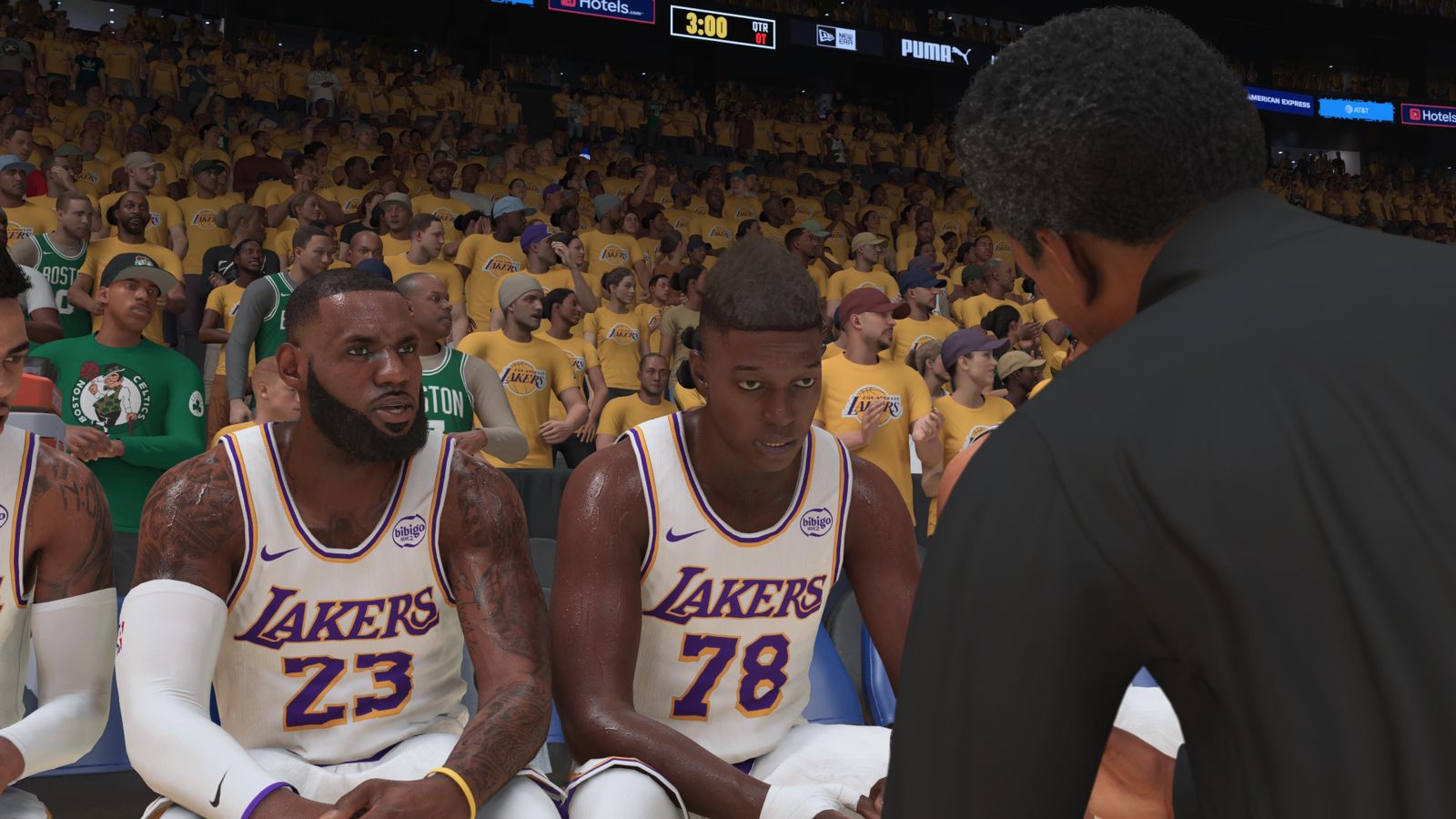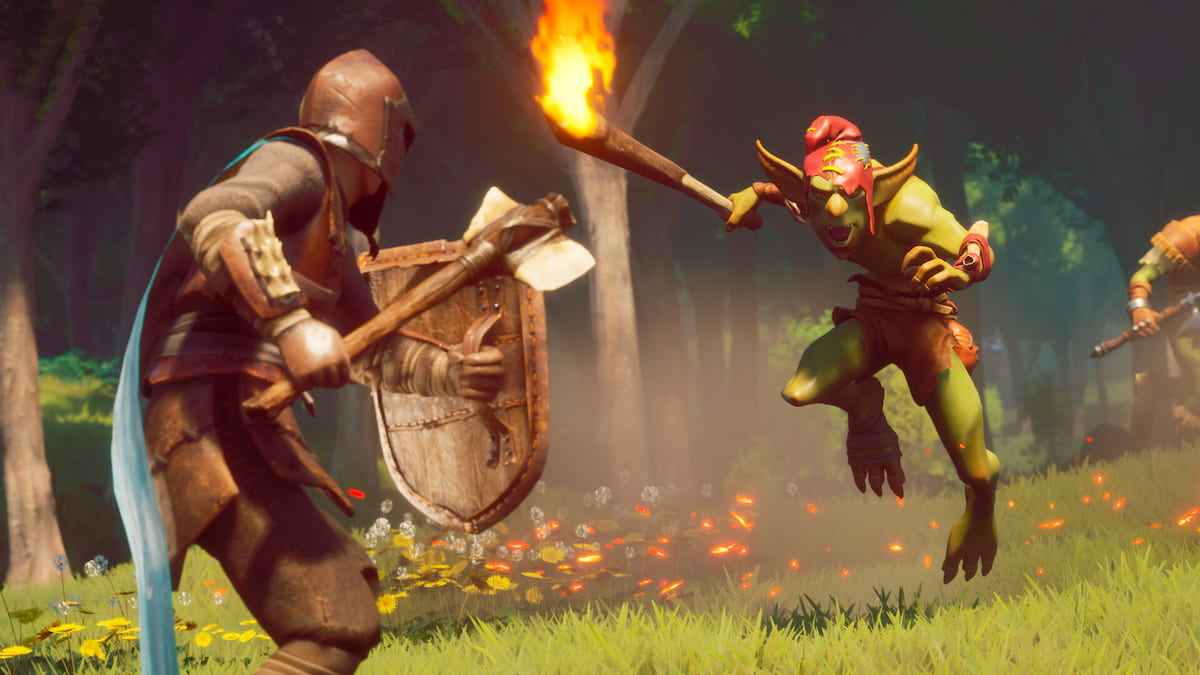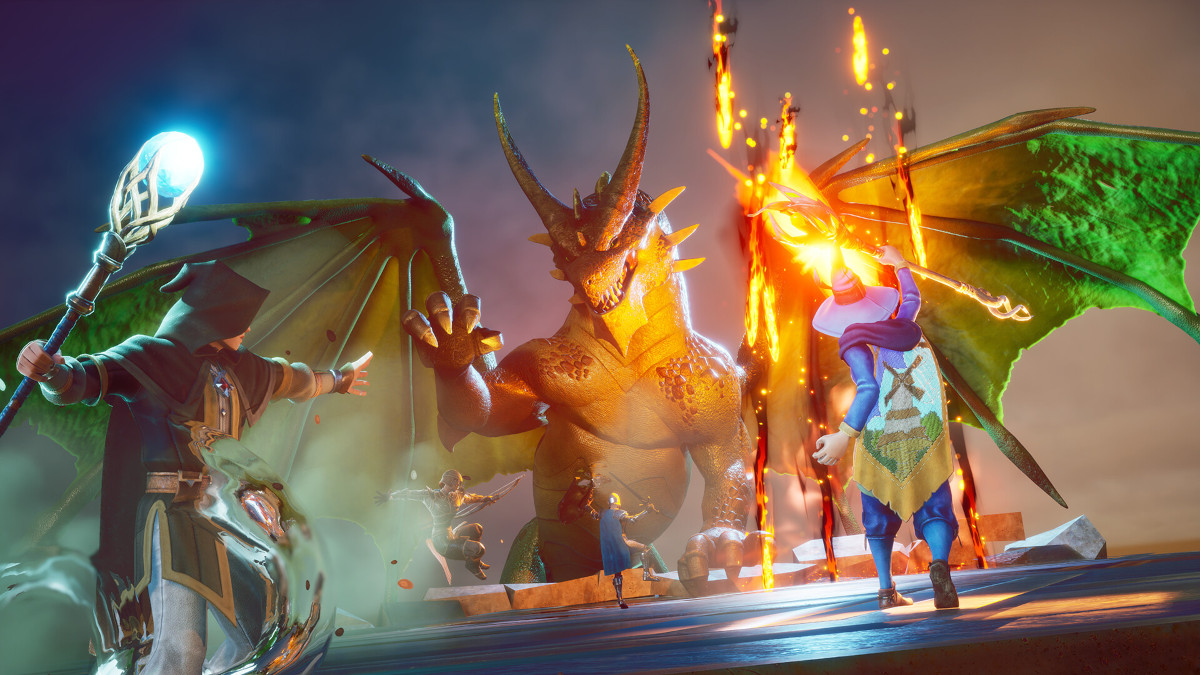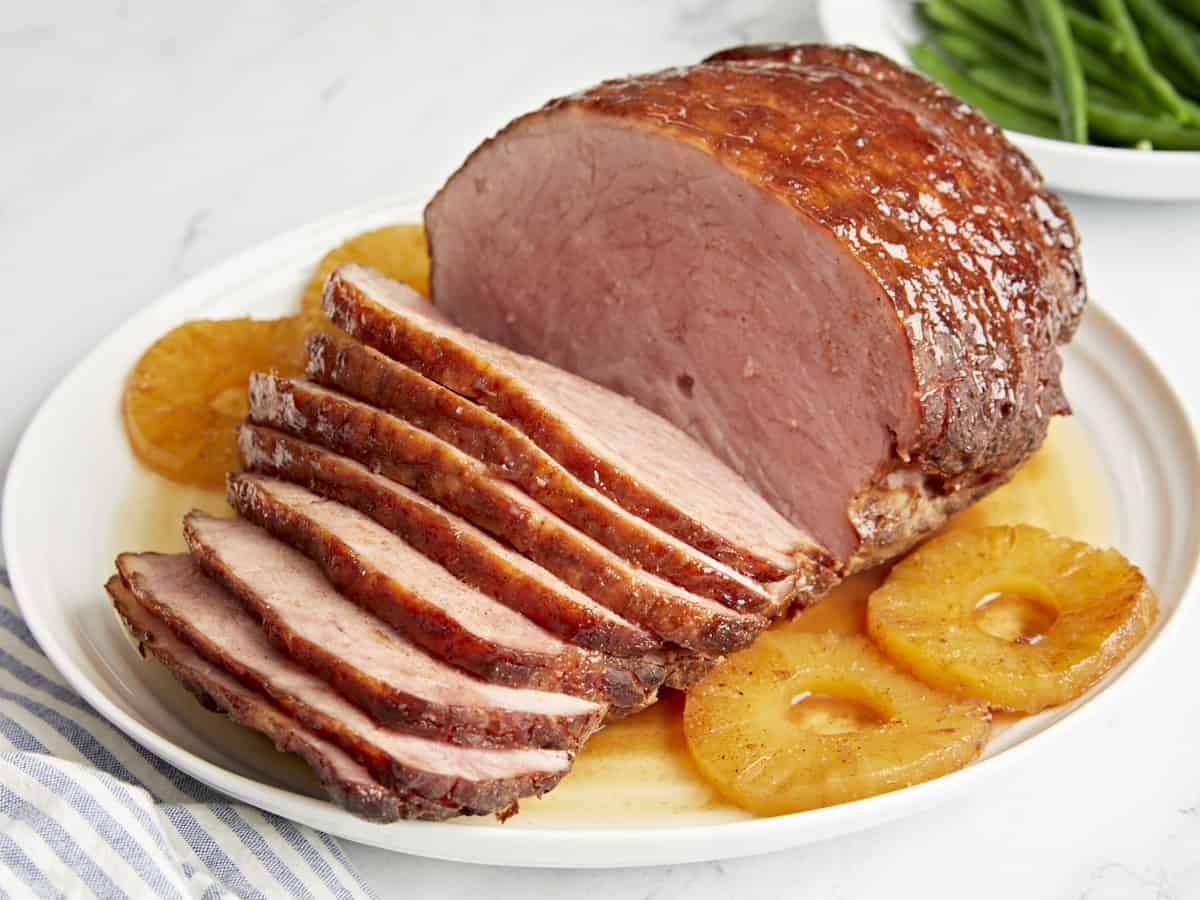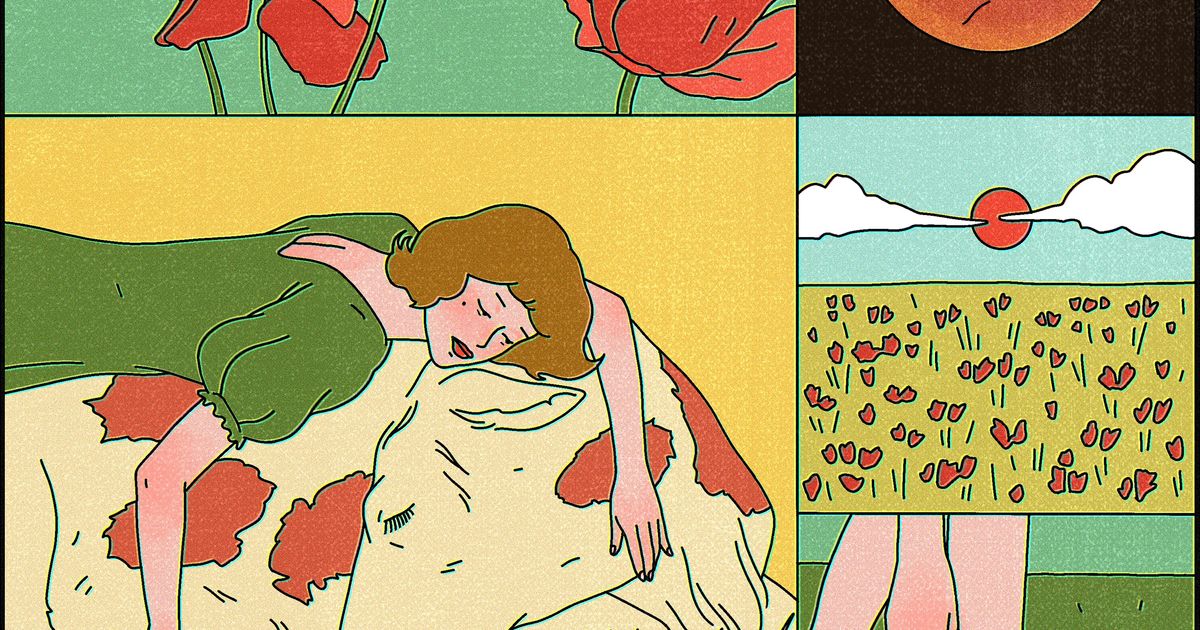After you watch Sinners, you should read George R.R. Martin’s excellent and underrated vampire novel
Vampires never really leave the cultural conversation, but not since the heyday of Twilight have they felt quite so back as they do right now. Between last year’s excellent Nosferatu and this year starting out hot with Ryan Coogler’s Sinners, it seems like everyone has the Children of the Night on their minds. The only […]


Vampires never really leave the cultural conversation, but not since the heyday of Twilight have they felt quite so back as they do right now. Between last year’s excellent Nosferatu and this year starting out hot with Ryan Coogler’s Sinners, it seems like everyone has the Children of the Night on their minds. The only problem, however, is that there probably aren’t quite enough new vampire movies and TV shows coming out right now to keep your bloodlust satisfied. If that’s the case, and you feel like you’ve exhausted all the most popular options, then you should check out George R.R. Martin’s incredibly cool and very under-read vampire book, Fevre Dream.
The story takes place a few years before the American Civil War and centers on a steamboat captain named Abner Marsh. Abner is one of the best pilots there is on the Mississippi River, but has been down on his luck recently and doesn’t have a boat to captain. This problem is solved when he meets Joshua York, a tremendously wealthy and secretive man who wants a ship of his own. Joshua spares no expense commissioning the fastest boat on the river for Abner to pilot on the condition that he takes Joshua wherever he wants to go. During the building of the ship and its early travels, the two get to know each other, and Abner tries hard not to question why Joshua and his friends only go out at night. But soon Joshua’s vampiric secret is revealed and gives that question a satisfying answer. Of course, he’s not the only vampire around, though.
You wouldn’t be wrong for hearing this premise and thinking that this book was simply Martin’s version of Interview with the Vampire, and for the first half of the book or so, that’s exactly what it is. Through their conversations, Martin reveals to us a fascinatingly textured world of vampires living in secret mostly in the American South. Some feed on the cruelty and racism of the region, using it as cover for their murderous thirst, but Joshua himself has found a cure for vampires’ dependence on blood.
While his cure has given Joshua numerous vampiric followers, who see him as a savior, another vampire named Damon Julian sees Joshua’s efforts as a betrayal of the vampire nature. Damon is horrifying, and perhaps Fevre Dream’s best addition to the vampire canon. Damon is an ancient vampire who lives comfortably, but seems to have become numb to life outside of cruelty. He persists on in his unending life solely for the pleasure of having power over others, whether they’re the vampires enthralled to him or the humans he feeds upon.
Part of his terror lies in the fact that Damon is also an inescapable metaphor for the specific greed that lurked loudly in the plantation-era South before the Civil War — rich, comfortable, and sequestered while subsisting off of the blood of those they deemed lesser. It’s a perfect marriage of setting and genre, and a terrific and unique expansion of the vampire metaphor, one that uses the creature’s inherent chilling, pale cruelty to incredible effect. Damon and Julian’s conflict is the primary focus of the novel’s latter half, and while it’s not quite as thrilling as Martin’s early world-building, the characters themselves carry the story nicely from one twist to the next in its final chapters.
Between these fascinating characters and its extremely unique and well-realized setting, Fevre Dream is an excellent read for any vampire fan, and seems like it will be a perfect follow-up to Sinners for those who just can’t wait for the next vampire movie to hit theaters.





















































